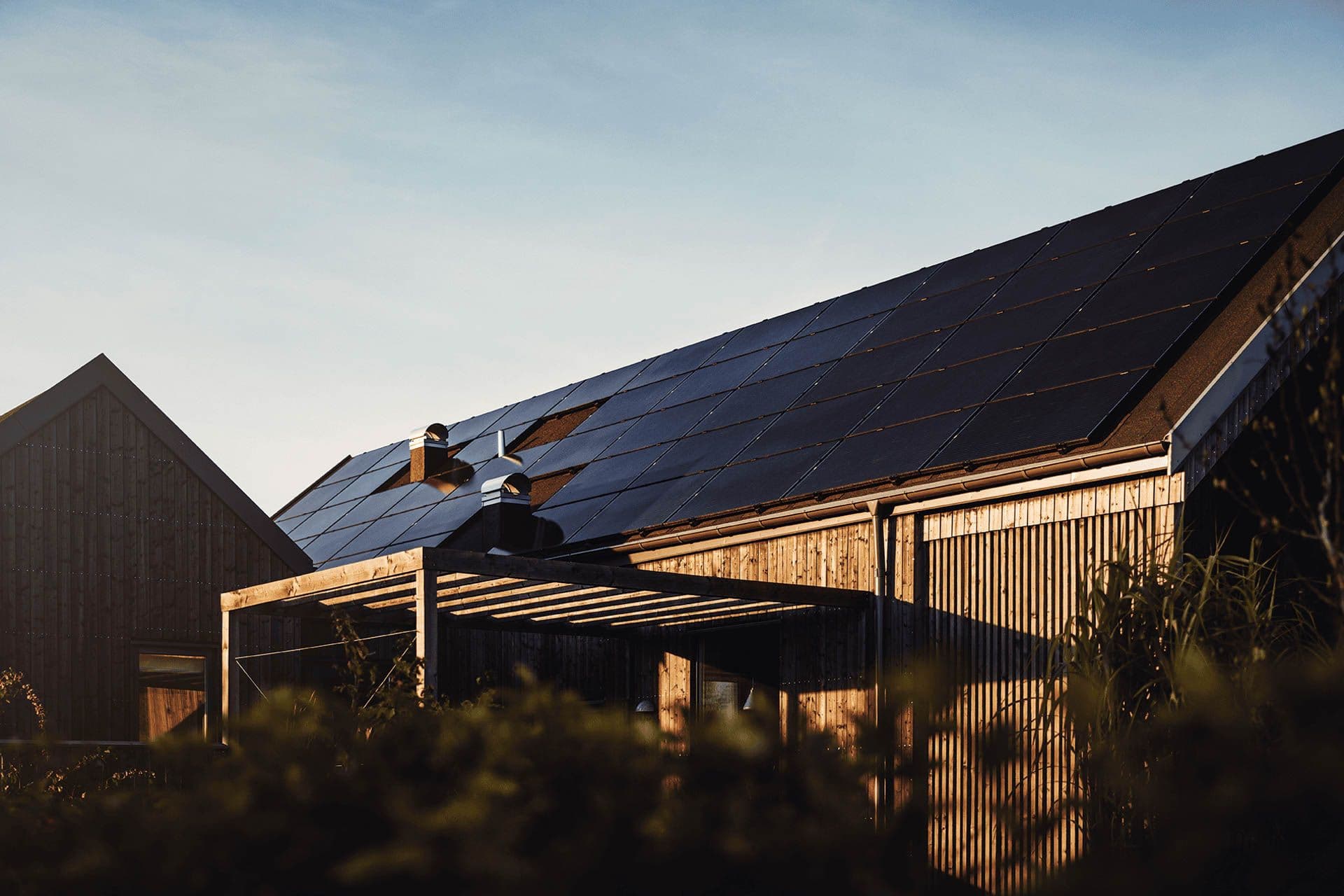Key takeaways
- The correct air source heat pump size ensures energy efficiency and comfort
- Beyond square footage, insulation, window quality and layout all influence the heat pump size required
- A room-by-room heat loss survey is vital to provide precise sizing recommendations
Selecting the right air source heat pump is essential for maintaining your system’s energy efficiency and a comfortable temperature in your home. If the size of the heat pump is too small, it will struggle to meet your heating demand. On the other hand, oversized heat pumps can lead to increased energy costs. Let's look into how you should size your heat pump.
Tailored sizing is vital for optimal performance
Air source heat pumps typically range from 5kW to 16kW (the Aira Heat Pump is available in 6kW, 8kW and 12kW), and as a general guideline, the larger your home, the more kilowatts you'll need.
A good rule of thumb is 5kW per 100m² of space. But square footage alone isn’t enough. Standard sizing methods, such as those based purely on square footage, often miss crucial details like insulation quality, window characteristics and the specific heating demand of different rooms.
A room-by-room heat loss survey, which we provide as part of our hassle-free switch, helps assess these variables – from flow temperature to heat demand – ensuring that your air source heat pump is tailored to your home's specific hot water and heading needs.
Key factors for heat pump sizing
Several factors influence the size of a heat pump, including local climate and outdoor temperatures, the quality of your home’s insulation and your current heating system.
Local climate
Colder regions typically require more powerful pumps to handle higher heat demand, while milder areas may require smaller units. It's also important to note that your heat pump's efficiency will fluctuate throughout the year.
It’s important to keep in mind that while winters in the UK seem cold, they’re balmy compared to Scandinavia, where heat pumps are the norm. Heat pumps are designed to work efficiently even in sub-zero temperatures, so don't automatically assume you’ll need a large heat pump just because you live in a colder part of the UK.
Insulation
In addition to climate, poor insulation significantly increases your heat load, meaning more heat escapes and a larger heat pump system may be necessary. On the flip side, a well-insulated home can often make do with a smaller, more efficient unit. This is why we offer insulation installation with your heat pump, ensuring your home is properly sealed for maximum efficiency.
Windows are also a key component of your home's insulation. Larger or older windows, especially single-pane, often increase heat demand, requiring a larger pump to maintain a comfortable temperature. For this reason, we recommend upgrading to double-glazed windows when installing a heat pump.
Your heating system
Your heating system also matters. Flow temperature – the water temperature circulating through your heating system – is key to the efficiency of your air source heat pump. The lower the flow temperature, the more efficient the pump is, and this can also influence the size of the heat pump required for your home.
Underfloor heating systems perform exceptionally well with lower flow temperatures, making them a perfect match for an air source heat pump, often allowing for a smaller unit.
Radiators, however, need a higher flow temperature to maintain a comfortable temperature, which can impact both efficiency and the size of the heat pump required. This is why we recommend upgrading old radiators to ensure your heat pump system is performing efficiently. Learn more about how heat pumps work with radiators.
A system designed with the right flow temperature not only improves efficiency but also ensures that your heat pump meets your home’s heat demand without overworking.
Room-by-room heat loss survey
A room-by-room heat loss survey measures how each space in your home loses heat, providing the data needed to select the correct size heat pump.
This survey considers room dimensions, insulation quality and daily hot water demand. It takes these into account to determine the correct heat pump size and assesses whether existing radiators or underfloor heating are suitable, need resizing or require new emitters for optimal performance.
What type of house do you live in?
Keep learning
Similar articles to expand your knowledge

Published at 27 Jan 2026
Carl RobinsonThe Warm Homes Plan: what it really means for your energy bills
The UK’s new Warm Homes Plan confirms one thing: the future of cheaper energy is clean, electric homes. Here’s what the plan really means for homeowners. And how heat pumps, solar and home batteries can cut your bills long before 2030.

Published at 15 Jan 2026
Carl RobinsonIs a heat pump ideal for your semi-detached home?
Think heat pumps are only for large detached homes? In reality, semi-detached houses are perfectly suited to them. We delve into why heat pumps work so well in these homes and whether yours is ready for the swtich.

Published at 6 Jan 2026
Carl RobinsonSolar panels with home battery storage: is it worth it?
Solar panels generate free, 100% clean energy, but a home battery is what helps you use more of it. By storing excess solar power for later, battery storage can make solar far more effective. Here’s why solar and batteries belong together. And where Aira fits in.

Published at 19 Dec 2025
Carl RobinsonIs a heat pump ideal for your single-family detached home?
If you own a single-family detached home, you’re already in a strong position to switch to a heat pump. With full control over your space, insulation and energy use, heat pumps can deliver lower bills, steadier comfort and lower emissions all year round. Here’s what to know about performance, costs and everyday life with a heat pump in a single-family detached home.

Published at 17 Dec 2024
Carl RobinsonHeat pump efficiency explained: When is a heat pump most efficient and why
Heat pumps are the most efficient way to heat a UK home and are typically 4 times more efficient than a gas boiler. But what actually drives that efficiency? And when do heat pumps perform at their best? This guide breaks it down simply, from COP and SCOP to the real factors that shape performance.

Published at 2 Dec 2025
Carl RobinsonDo heat pumps work in older homes?
Thinking heat pumps are just for new builds? Think again. Many older homes can run a heat pump efficiently and affordably – cutting energy bills, reducing carbon emissions, and future-proofing your home. Just as a heat pump in a newbuild home would.

